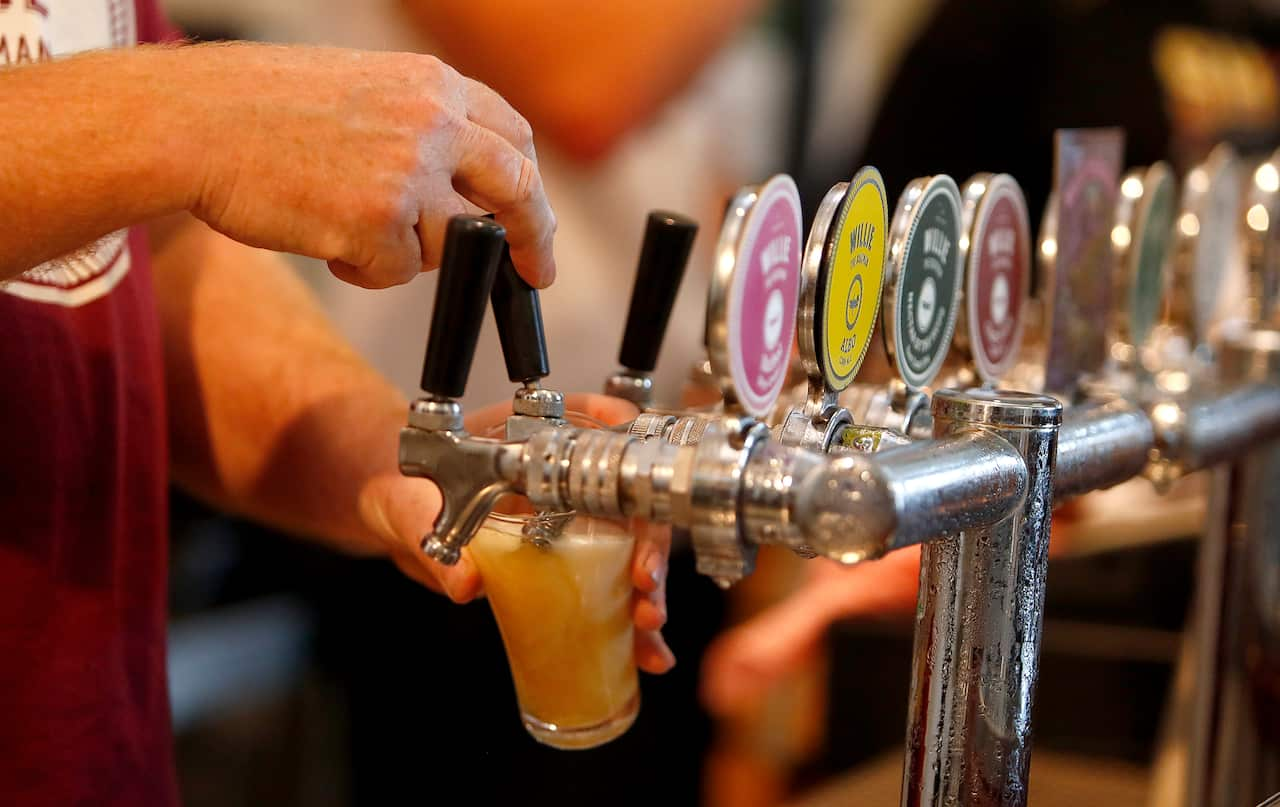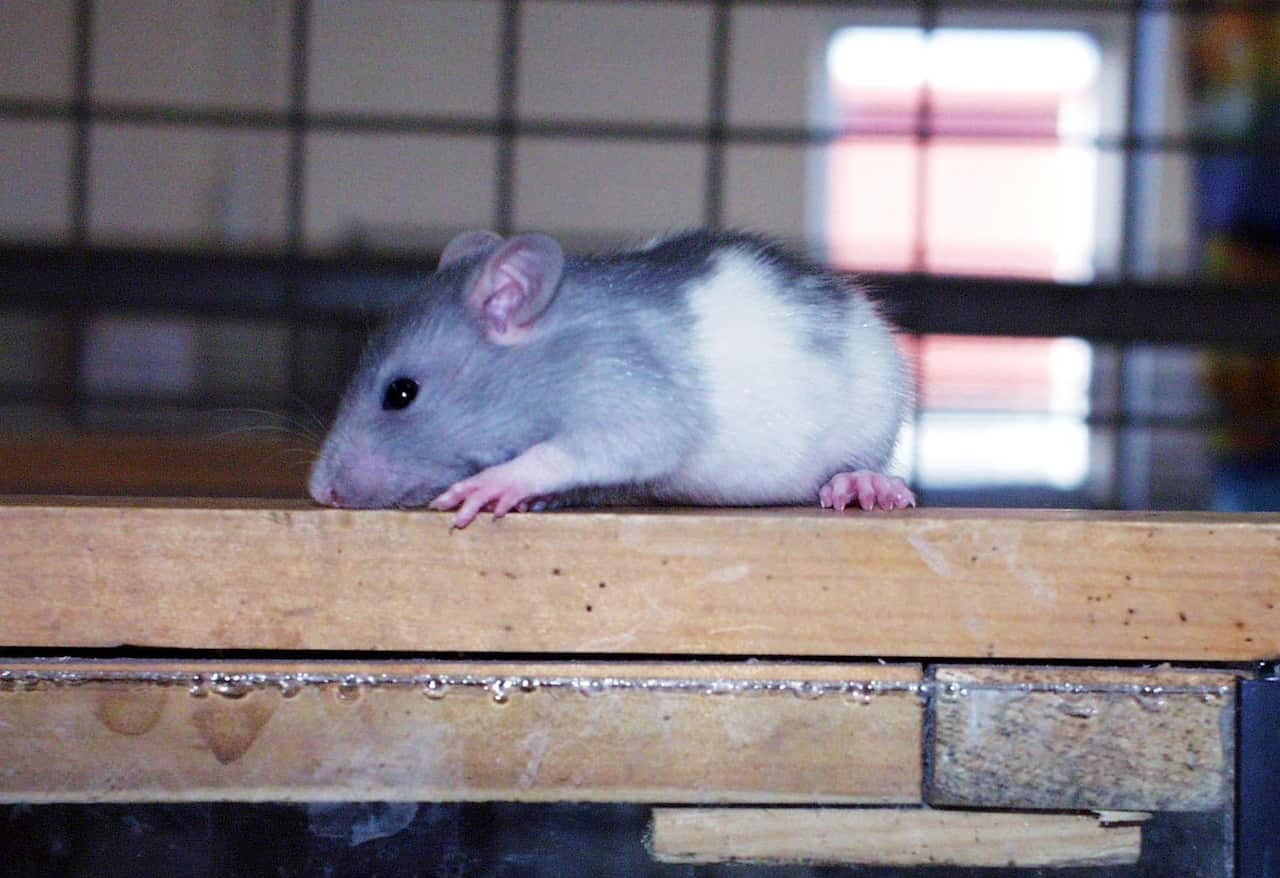A nasal spray of the hormone oxytocin, sometimes known as the 'cuddle chemical' or the 'love drug', may be a factor in treating drinking problems, based on a study of rats.
Scientists dosed the alcohol-dependent rats with oxytocin and found it made them drink less - but it had no effect on the drinking habits of non-alcoholic rats.

The hormone oxytocin has a high profile due to its role in making people affectionate and form social bonds and is often dubbed the "cuddle chemical".
The American research was carried out by scientists at the National institute of Drug Abuse, and published in the Journal PLOS Biology.
A senior author of the study Dr Leandro Vendruscolo told SBS News the body’s stress system was deregulated in alcohol dependence - and oxytocin has an anti-stress effect.
“The animals are hyper-sensitive to stress and this motivated them to drink more alcohol. And the same is true in the human condition. People drink alcohol to relieve stress," he told SBS News.
“So using oxytocin, we were able to reduce alcohol drinking that was specific in the dependent animals. The behaviour of the animals, that are not dependent, so they are probably drinking alcohol for the pleasure of drinking, had no effect.”
Dr Vendruscolo stressed the effect was specific for alcohol-dependent rats.
The scientists found oxytocin blocked a signalling chemical in the brain called GABA.
Every year, more than three million people die from alcohol-related causes - equaling five-point-nine per cent of all deaths worldwide.
Many other people suffer from bad health because they drink too much.
A broken oxytocin system may accompany or underlie alcoholism, the study suggests, making it a promising target for future treatments.

Previous research
A link between oxytocin and its positive effect on drinking habits was established as early as the 1980s.
But the Australian lead-author of the study Dr Brendan Tunstall said the latest research takes a novel approach.
“We used the model of alcohol dependence, so the factors that motivate drinking in alcohol dependence are very different from those that motivate drinking for the rewarding aspect of alcohol," he told SBS News.
He says previous studies tested oxytocin on rats that were not dependent on alcohol.
"In our rats we showed that they drink a lot more than non-dependent rats.”

Dr Tunstall said scientists can now test whether the same link exists in humans with drinking problems.
Dr Michael Bowen, a senior lecturer at the Brain and Mind centre at the University of Sydney, said the study's results are promising.
"It’s consistent with what’s been shown previously but what I think is particularly exciting about this study is that it shows that oxytocin is also having a really strong effect on alcohol consumption in alcohol-dependent rats," he said.
“This is particularly important when it comes to the clinical population, so to people suffering from alcohol use disorders because they most closely mimic what’s going on in that clinical population.
"So that they are seeing these effects, suppressing the consumption and motivation, is really encouraging."
Future Treatment
A follow up study, the scientists noted, could involve human brain imaging to see if the same regions are involved.
Dr Vendruscolo said he's hopeful that "in a few years we will know for certain if oxytocin will have an effect on the individuals with alcohol use disorders”.
Targeting the oxytocin system, the scientists said, may provide new pharmaceutical interventions for the treatment of alcoholism.
This could involve a cuddle-hormone-based nasal spray that could help problem drinkers overcome their addiction.
For more information: https://journals.plos.org/plosbiology/article?id=10.1371/journal.pbio.2006421

